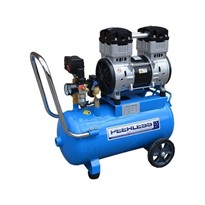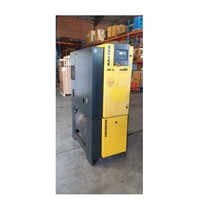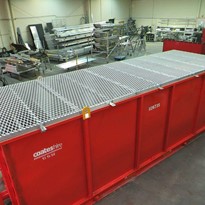Traditionally, compressors are lubricated with oil, which helps in cooling and protecting the internal components from wear and tear. However, oil-lubricated compressors have some disadvantages, including the risk of oil contamination, which can cause damage to delicate equipment and processes. This is where oil-free compressors come into play.
Oil-free compressors are compressors that do not use oil as a lubricant but instead rely on other methods such as synthetic lubricants, ceramic bearings, and Teflon-coated components, to reduce friction and wear. This makes them ideal for applications where oil-free air is required, such as food and beverage production, pharmaceutical manufacturing, and semiconductor fabrication.
Advantages of Oil-Free Compressors
- Improved Safety: Oil-free compressors are a safer option compared to oil-lubricated compressors, as they do not pose a risk of oil contamination. This makes them suitable for use in food and beverage production, where even a small amount of oil contamination can render the product unsafe for consumption.
- Low Maintenance: Unlike oil-lubricated compressors, oil-free compressors do not require regular oil changes and other maintenance activities, reducing the cost and downtime associated with maintenance.
- Increased Reliability: Oil-free compressors have fewer moving parts, making them less prone to wear and tear and increasing their reliability. Additionally, they do not rely on oil to lubricate the internal components, reducing the risk of equipment failure due to oil contamination.
- Enhanced Quality of Compressed Air: Oil-free compressors provide high-quality compressed air that is free from oil contaminants, making them ideal for use in applications where clean air is essential, such as semiconductor fabrication and pharmaceutical manufacturing.
Applications of Oil-Free Compressors
- Food and Beverage Industry: In the food and beverage industry, oil-free compressors are used to provide compressed air for various processes, including packaging, bottling, and product transportation. The use of oil-free compressors eliminates the risk of oil contamination and ensures that the final product is safe for consumption.
- Pharmaceutical Industry: In the pharmaceutical industry, compressed air is used in various processes, such as filling, labeling, and packaging. Oil-free compressors provide oil-free compressed air, which reduces the risk of contamination and ensures that the final product is of high quality.
- Semiconductor Fabrication: In the semiconductor industry, clean and oil-free compressed air is essential for many processes, including photolithography, chemical vapor deposition, and etching. Oil-free compressors provide the necessary clean and oil-free compressed air, ensuring that the final product is of high quality.
- Medical Equipment: In the medical equipment industry, oil-free compressors are used to provide compressed air for various medical devices, such as ventilators, oxygen concentrators, and anesthesia machines. The use of oil-free compressors ensures that the compressed air is clean and safe for use in medical applications.
Conclusion
Oil-free compressors are a vital component in many industrial processes, providing clean and oil-free compressed air that is essential for various applications. They are safe, reliable, low maintenance, and provide high-quality compressed air. Whether in the food and beverage industry, pharmaceutical industry, semiconductor fabrication, or medical equipment, oil-free compressors are an essential component that ensures that the final product is of high quality and safe for use


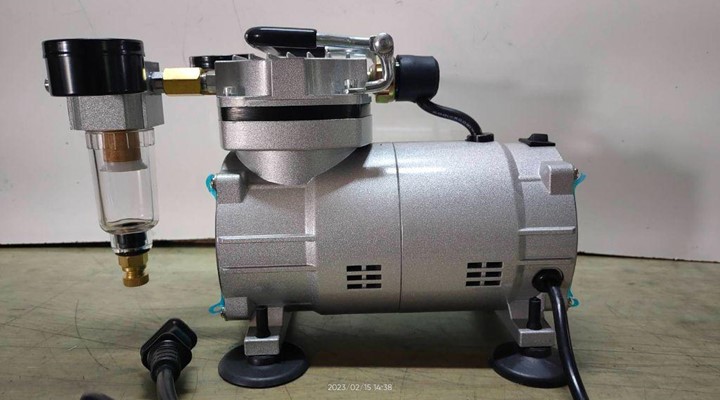
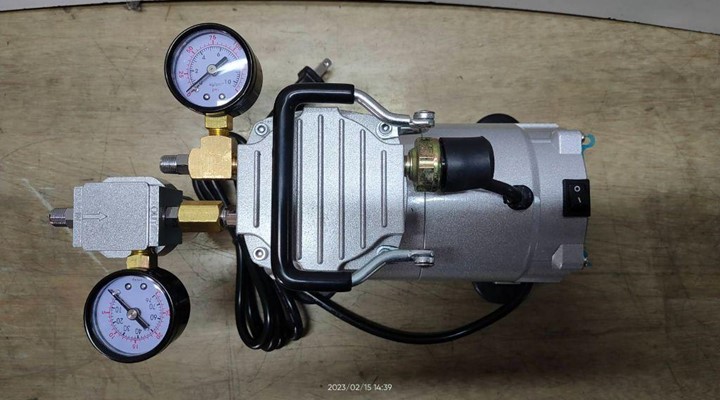
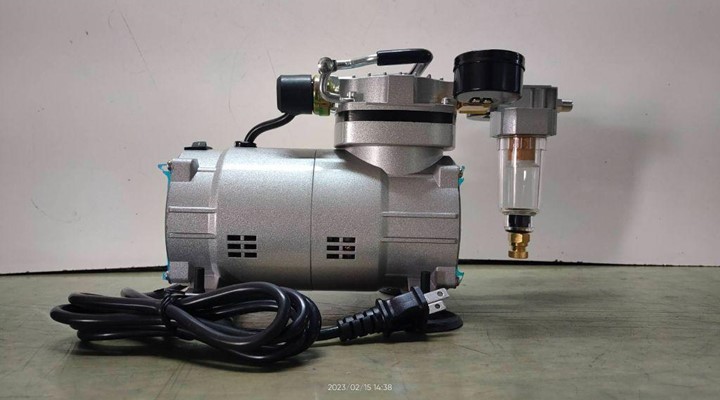


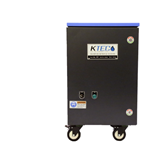

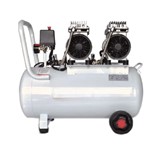
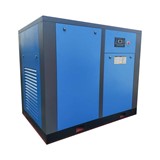
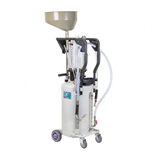
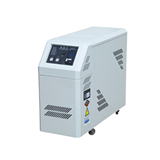
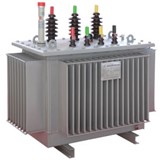
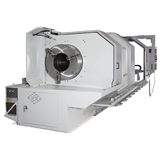
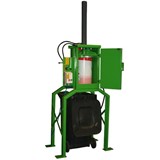
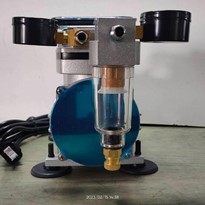

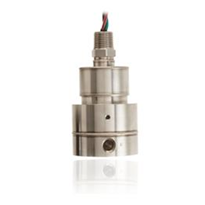
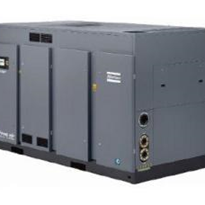
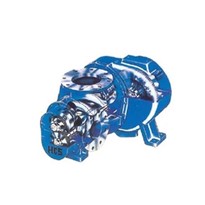
-375x300-205x205.jpg)
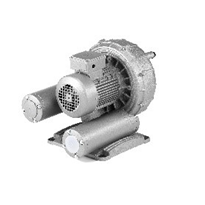
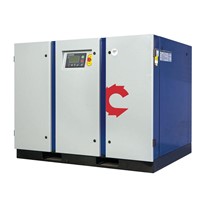
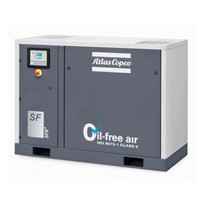
-375x300-205x205.jpg)
